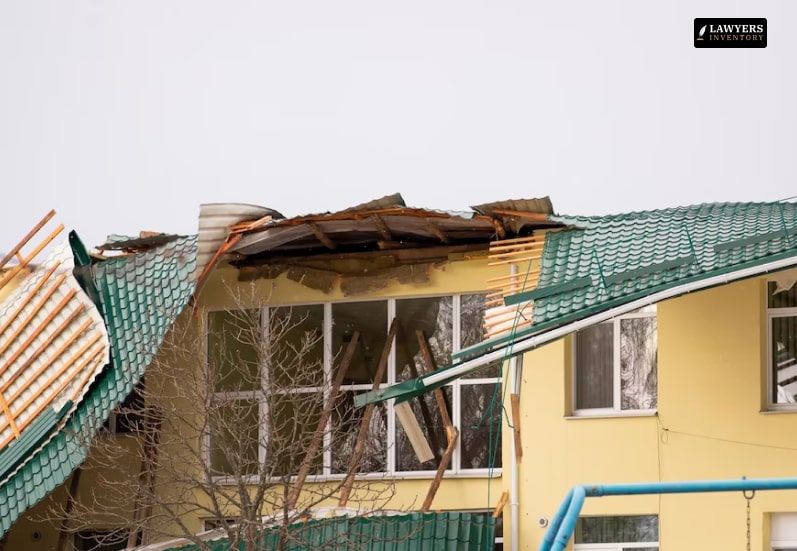
Contract laws are vast and it has lots of principles under it. Contract laws deal with a contract that falls under the umbrella term of civil laws.
But now after seeing the title, you might have a question: what is mitigation of damages? Well, hold onto your horses, we will help you understand it.
In this article, let’s discuss all you need to know about the mitigation of damages under the law of contract.
What Is Mitigation Of Damages?

Mitigation of damages in the contract only arises when the contract is in breach. This means that the non-breaching party of the contract will have to take necessary steps to minimize all the losses they suffered because of the breach.
Sometimes it even happens, that the non-breaching party has done nothing wrong. However, in anticipation of mitigating any further loss, paying for damages is a way of minimizing the results of the breach.
To an extent, this might even seem to be unfair to an extent. However, as known by the most experienced executives, this is a normal concept that often arises in business.
Mitigation in Different Scenarios

Mitigation isn’t just about leaky roofs, though. It’s a versatile concept that applies to various situations:
Contract Disputes
If you breach a contract under certain circumstances, you sometimes need to take some reasonable steps for any minimization of your losses. Suppose, your supplier, doesn’t deliver your widgets on time. In that case, you need to make some alternative choices based on that. That way you wouldn’t have to wait for an unreasonable amount of time.
Landlord-Tenant Relationships
Suppose in cases where your landlord has been disrupting your living conditions. In that case, you can mitigate such damage by making alternate living arrangements. However, do remember that your landlord might even stay on the hook for your additional expenses.
Car Accidents
If you get involved in a car accident, you should definitely seek medical attention in the first place. Then, you should even consider repairing your vehicles in a prompt manner to prevent any further forms of deterioration. Moreover, neglecting these steps can even help in reducing the amount of compensation you might end up receiving from the responsible party.
Importance of Mitigation of Damages
Mitigation is just beyond any common sense. It upholds more of a legal responsibility than that of a moral responsibility. Sometimes if you fail to take reasonable steps during mitigation can even end up affecting your rights during a legal dispute. Courts also don’t expect you to act in a reasonable manner for any kind of minimization of losses. However, if you don’t find ways to minimize your losses, then in that case, you might even end up finding yourself in a tough spot during damage recovery.
What Qualifies As Mitigation Of Damages Under The Doctrine Of Mitigation Of Damages?
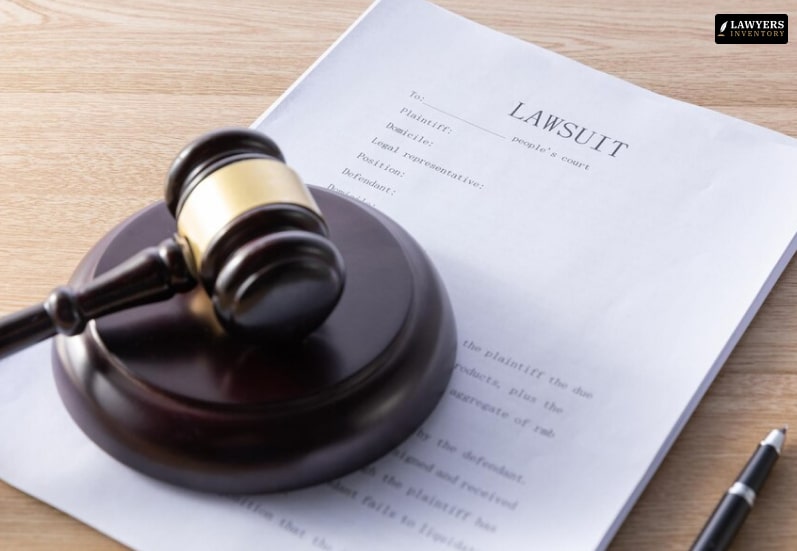
Mitigation of damages scenario consists of certain characteristics that categorize it as a mitigation of damage. They are:
The Doctrine’s Core Principle
As we dissect into the specifics, there are some important aspects of the doctrine. The doctrine of mitigation of damages talks about taking proper reasonable steps to reduce any sort of loss or harm that might happen from someone else’s wrongdoings.
1. Act Reasonably, Not Heroically
Mitigation talks about being sensible and not superhuman. One doesn’t need to pull off any sort of heroic feats to qualify for this. Instead, it talks all about making choices that any reasonable person might end up making.
2. Timing Is Everything
Timing plays an important role in this. It’s integral that you act promptly in this matter. If something goes south, don’t just do nothing and sit on your hands, instead, make quick decisions. Remember, prompt and swift action can help in making all the difference.
3. Keep Those Expenses in Check
Expenses play an important role in the field of mitigation of damages. Remember that just because you’re trying to mitigate some damages it doesn’t mean that you have to be out on a spending spree. Try and keep things that are cost-effective.
4. Document, Document, Document
Whenever possible, keep records and receipts. This helps prove that your actions were both reasonable and cost-effective. If your landlord is dragging their feet on repairs, document the issues and the costs you’ve incurred.
6. Finding Alternatives
Sometimes, mitigating damages means finding a workaround. In a contract dispute, for example, you might seek an alternative supplier if the one you’re in dispute with is causing delays. This could save you time and money.
7. Personal Injury Cases
In case of personal injury, and you’re the one who has suffered the injury, it’s important that you look for proper mitigation measures. Seeking out medical attention and following the orders of your doctors proves to be extremely integral. Remember, if you keep on exacerbating your injury or don’t follow the prescribed treatments, it will end up being your loss.
8. Employment Disputes
In employment disputes, finding another job can be considered mitigation if you’re terminated. You’re expected to make reasonable efforts to secure new employment promptly to minimize your losses.
Do I Need A Lawyer For A Failing To Mitigation Of Damages?

So, you find yourself in a sticky situation where you’re being accused of failing to mitigate damages, and you’re wondering, “Do I need a lawyer for this?” It’s a valid question, my friend, and the answer isn’t a one-size-fits-all. Let’s break it down.
What is Failing to Mitigation Of Damages?

Before we jump into the legal nitty-gritty, let’s get the basics straight. Failing to mitigate damages means you’re being accused of not taking reasonable steps to prevent further harm or losses in a legal dispute. It’s like being handed a leaky roof and choosing to let it rain inside rather than fixing it. Not a good look.
When You Might Not Need a Mitigation Of Damages Lawyer
There might arise a situation that can arise where you will wonder if the damages that you faced requires legal mitigation. But there are various circumstances when damages does not require a lawyer for legal mitigation. Here are some of the following situations:
You Have a Strong Case:
If the allegations of failing to mitigate damages are baseless, and you have clear evidence that you did everything by the book, you might not need a lawyer. In this case, presenting your side of the story could be enough to resolve the issue.
Small Claims Court:
In some minor cases, like small claims court, hiring a contract lawyer might be overkill.
Clear and Amicable Resolution:
If you’re dealing with a reasonable person or entity on the other side who’s open to discussion, it might be possible to resolve the matter through negotiation or mediation without the need for lawyers.
When You Might Want a Mitigation Of Damages Lawyer
There can be various situations when you might wonder about the whether you will be requiring a lawyer for mitigation of damages incurred by you. Here are the situations when you will need a lawyer to mitigate damages:
Complex Disputes:
If your situation is legally complex, involving contract disputes, employment matters, or personal injury claims, a lawyer’s expertise can be invaluable. They understand the intricacies of the law and can guide you through the process.
High Stakes:
When significant financial or personal interests are at risk, it’s wise to consult with an attorney. They can help protect your rights and interests effectively.
Potential for Legal Consequences:
If the failure to mitigate damages could have serious legal consequences, such as the reduction of damages you can recover, a civil lawyer can help you navigate the situation to minimize the impact.
Understanding Legal Nuances:
Laws vary by jurisdiction, and they’re chock-full of nuances.
The Power of Mitigation Of Damages Legal Guidance
They can help you interpret the law, negotiate with the other party, and represent your best interests. Just remember, it’s not a one-size-fits-all decision, and the need for a lawyer depends on the specifics of your case.
Final Thoughts
In the end, it’s about finding the right balance between handling things on your own and seeking professional legal guidance. When in doubt, a consultation with a lawyer can help you make an informed decision. And hey, it’s better to be safe than sorry when it comes to mitigating your legal risks.
Read Also:
- The Best Banking Law Firms In The United States
- What Is Injunctive Relief, And What Are The 5 Common Examples of Injunctive Relief?
- Why Law Firms Outsource Their Legal Research And Contract Management Services?





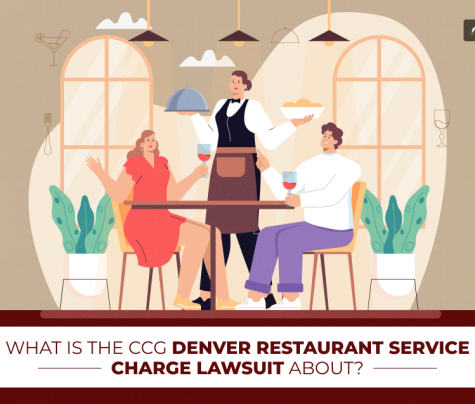
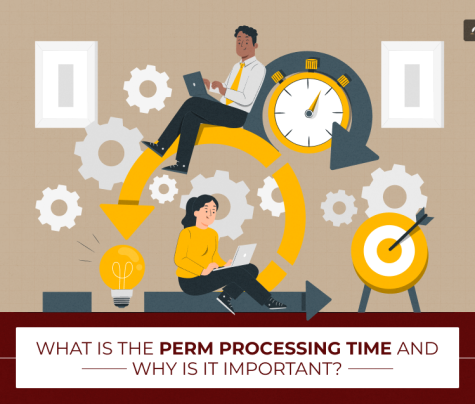
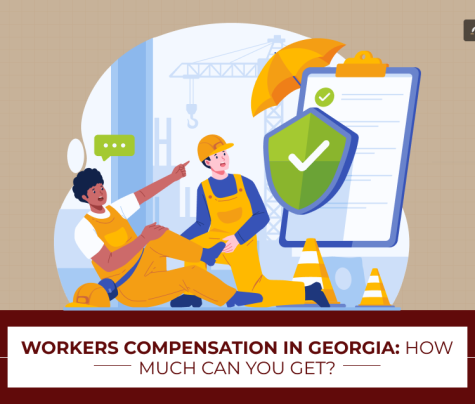


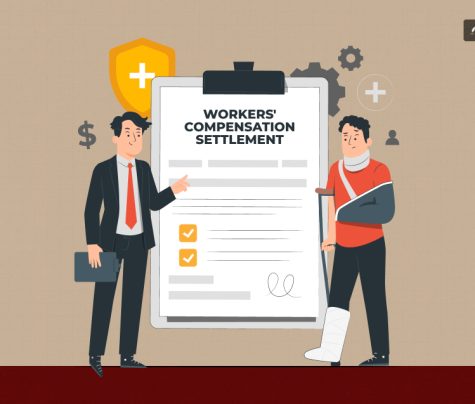
2 Reply
Skip Tracing: Everything You Need To Know
December 7, 2023 at 11:08 am
[…] Related: What Does Mitigation Of Damages Mean? – Lawyers inventory […]
ReplyPartnership Dispute Lawyer |Role in Business Litigation
December 2, 2023 at 10:39 am
[…] A Comprehensive Guide To Mitigation Of Damages […]
Reply